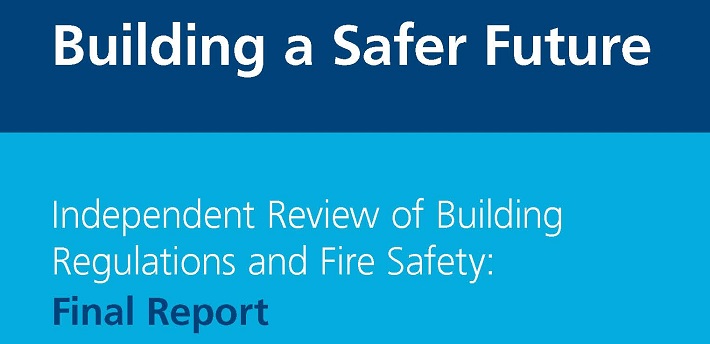From 1 August 2022, the 20% off-the-job requirement for all apprenticeships will no longer apply. It will be replaced by a baseline of six hours per week, irrespective of hours worked by the apprentice. It means apprentices who work more than 30 hours per week can now spend less than 20% of their time doing off-the-job training. The Education and Skills Funding Agency (ESFA) has stated that this move, part of a package of changes to apprenticeships, ‘must not dilute the existing requirement, but provide the right level of training to every apprentice’. This shouldn’t be a problem for the training providers and employers. Employers have control over the training provided in the workplace.
It is an eminently sensible rule change and it should lead to a rise in apprenticeship numbers for these three reasons:
- Apprentices will be able to contribute more at a time when many businesses are still struggling to recover from the impact of the pandemic.
- It levels the playing field, meaning all apprentices will be required to engage in the same number of off the job hours, and are not penalised whether they work 30 hours a week, or 48 hours a week.
- It will be much more easily administered without the need for complex and varied calculations which have been an administrative burden for Training Providers
This now aligns to an academic training day of six hours rather than the working day of 7.5 hours, allowing Training Providers to standardise and create learning programmes for cohorts rather than individuals. It is advisable to create a working relationship with your Training Provider to ensure you know what subjects the apprentices will be covering when they are with the them. This does not remove the employers responsibility for training apprentices in the workplace and giving them time to practice the skills they learn in training in the workplace. If you need more information contact George on 07553 874838 or email georgeswann@thefis.org
Need help with apprenticeships?
More information is available in our Skills Hub
See more news likes this
Interior Systems Apprenticeship submitted to IfA
The consultation of the draft Interior Systems Apprenticeship has now ended. Thanks to everyone who responded. This has now been submitted to the Institute for Apprenticeships. If you are interested in being involved in the next stage of development, please email...
Independent Review of Building Regulations and Fire Safety: Final Report
The final report following the The Independent Review of Building Regulations and Fire Safety has now been published. Below we have highlighted some of the key points. The roles and responsibilities of those procuring, designing, constructing and maintaining buildings...
Guide to Successful Work Experience
Having a skilled and talented workforce is essential to the competitiveness of the construction industry – firms need “the right skills, in the right place at the right time.” With almost a fifth of those working in construction aged over 55 – the sector needs to...




